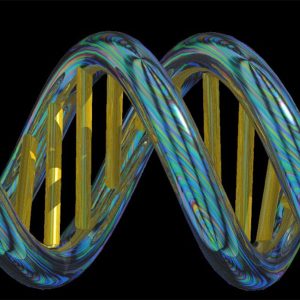NGS Analysis for Genetic Diseases (Manila, Philippines)
5–6 November 2019
Manila, Philippines
Learn to analyse and interpret data from next generation sequencing for understanding monogenic diseases
Summary
In collaboration with the 13th Asia Pacific Conference on Human Genetics (APCHG) 2019, we are delighted to offer this free-to-attend, 2-day workshop on the application of next generation sequencing (NGS) technologies for analysing monogenic disease in Asian populations.
Use of NGS technologies encompassing gene panels, whole exome sequencing (WES) and whole genome sequencing (WGS) in human genomics are increasingly becoming accessible for research and clinical diagnostics in Asia. Despite the growing body of data being generated, analysing these data remains a challenge in labs with limited capacity among scientists in the region.
This workshop aims to equip beginners with a working toolset to analyse data generated from NGS for identifying candidate causal variants, and will provide an overview of NGS genomic study approaches and analysis pipelines for the discovery and validation of monogenic disease-causing variants. Participants will be introduced to the key electronic resources and open access website tools that can be harnessed to assess the potential pathogenicity of variants. Case studies will be incorporated to demonstrate key steps in research and potential utility in clinical diagnostics.
Target audience
The workshop is aimed at researchers and clinicians/healthcare professionals in the field of human genomics who use or plan to use NGS approaches in their research or clinical work.
Programme
The programme will include lectures, discussions and hands-on exercises* covering the following topics:
- Basics of NGS
- Experimental design for NGS studies in human genome analysis
- Workflow QC
- Variant analysis pipeline
- Variant annotation
- Variant filtering
- Population and variant databases
- Interpretation of genetic variants
- Ethical issues of incidental findings and variants of unknown significance
*Please note: Participants must bring a wireless-enabled laptop computer to participate in the hands-on exercises.
Learning outcomes
By the end of the workshop participants should be able to:
- Formulate appropriate NGS study designs for identifying disease causal variants
- Evaluate the content, data, annotations and use of databases and web-based genetic resources and tools
- Appreciate basic principles and concepts of analysis and interpretation of NGS data
- Be aware of appropriate methods, tools and resources in analysis and interpretation of NGS data with respect to monogenic diseases.
Instructors and speakers
Course Instructors
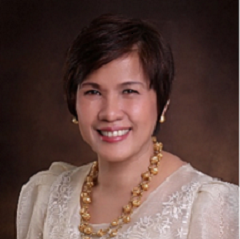
Eva Maria Cutiongco-De La Paz
Philippine Genome Centre, Philippines
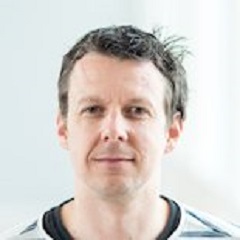
Christian Gilissen
Radboudumc, Netherlands
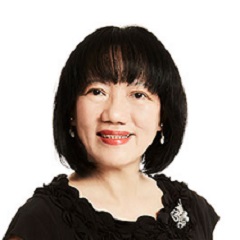
Poh San Lai
National University of Singapore
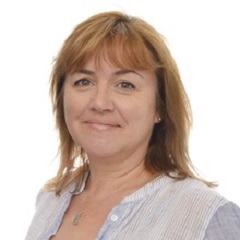
Jane Loveland
EMBL-EBI, UK
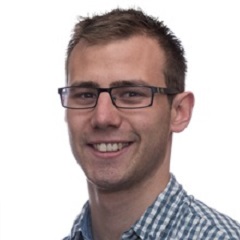
Ben Moore
EMBL-EBI, UK
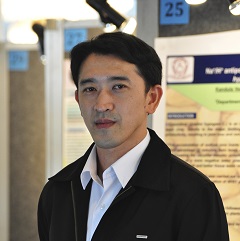
Chumpol Ngamphiw
BIOTEC, NSTDA, Thailand
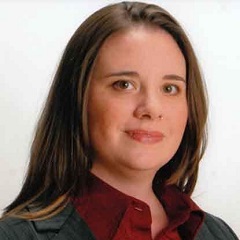
Jennifer Posey
Baylor College of Medicine, USA
How to apply
Prerequisites
The workshop is open to researchers and clinicians/healthcare professionals based in Asia, with background knowledge in genetics, and who aim to apply NGS analysis methods in their research or clinical work. The hands-on practical sessions will use web-based resources and participants will not require knowledge of UNIX or command-line applications. The workshop will be taught in English.
Participants must bring a wireless-enabled laptop computer to participate in the hands-on exercises.
How to Apply
Please click on the Apply button above to begin the online application process. Places are limited and will be awarded on merit. If you have any problems with the online application process, please contact us.
Please note: Applications must be supported by a recommendation from a scientific or clinical sponsor (e.g. supervisor, line manager or head of department). A request for a supporting statement will be sent to your nominated sponsor automatically during the application process. Applicants must ensure that their sponsor provides this supporting statement by the application deadline. Applications without a supporting statement cannot be considered.
Cost
Cost
The course is subsidised by the Wellcome Genome Campus Advanced Courses and Scientific Conferences Programme and is free to attend for non-commercial applicants. Please contact us for the commercial fee.
Bursaries
Bursaries are not available for this course. Participants are responsible for arranging their own travel and accommodation.
Accommodation services phishing scam – please be vigilant. More information.
